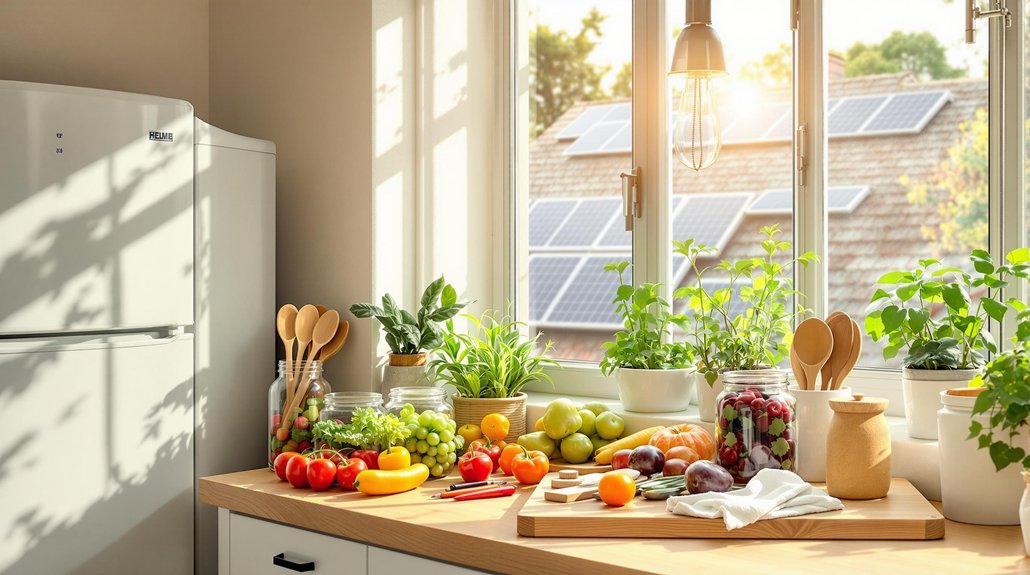Making eco-friendly choices at home has real impact. Reducing single-use plastics through reusable bags and water bottles helps cut down the 380 million tons produced yearly. Energy-efficient appliances and LED bulbs lower electricity use. Meal planning and composting decrease food waste. Walking or biking for short trips cuts emissions. Even small changes in daily routines contribute to significant environmental benefits over time.
How can small daily actions help protect our planet? Research shows that individuals can make notable environmental impacts through simple household changes. With 380 million tons of plastic produced annually and 50% used just once, reducing single-use plastics is essential. Bringing reusable bags to stores, choosing glass or aluminum water bottles, and selecting unwrapped produce are easy first steps.
Home products present another opportunity for eco-friendly choices. Consumers can select items with replaceable parts or recyclable components. Products made from sustainable materials last longer and create less waste. Many manufacturers now offer biobased alternatives with minimal environmental impacts.
Choose products built to last with replaceable parts and sustainable materials—they’re better for your home and the planet.
Energy conservation remains a key factor in reducing household carbon footprints. LED light bulbs use less electricity and last many years longer than traditional options. Energy-efficient appliances can significantly reduce electricity consumption while performing the same functions, leading to lower utility bills and environmental impact. Energy-efficient appliances, air source heat pumps, and solar-powered garden lights all contribute to lower energy consumption. Smart home systems can further optimize usage by automating control of heating, cooling, and lighting. Home battery storage can help maximize clean energy utilization by storing excess power for use during peak demand periods.
Food habits directly affect environmental health. Planning meals reduces food waste, while composting turns scraps into valuable garden fertilizer. Growing vegetables at home eliminates packaging waste and transportation emissions. Seasonal, local foods require fewer resources to reach consumers’ tables. Reusable storage containers eliminate the need for plastic wrap and disposable bags. As we move toward a world of 10 billion people by 2050, making sustainable food choices becomes increasingly crucial for planetary health.
Water conservation techniques include installing efficient fixtures, collecting rainwater, and promptly repairing leaks. Drought-resistant landscaping reduces irrigation needs, while greywater systems reuse household water for gardens and other non-drinking purposes.
Transportation choices greatly impact carbon emissions. Walking or cycling for short trips, using public transit, carpooling, and choosing electric vehicles all reduce pollution. Planning efficient routes minimizes unnecessary travel miles.
Other important habits include recycling, supporting sustainable businesses, and choosing eco-friendly clothing and personal care items. Mindful purchasing reduces overall consumption of resources. Each person’s daily decisions add up to meaningful environmental protection when practiced consistently.
Small changes in daily routines can collectively produce considerable positive effects on the planet’s health.





